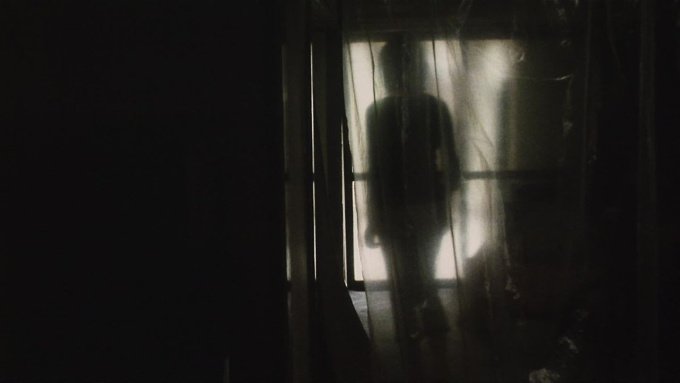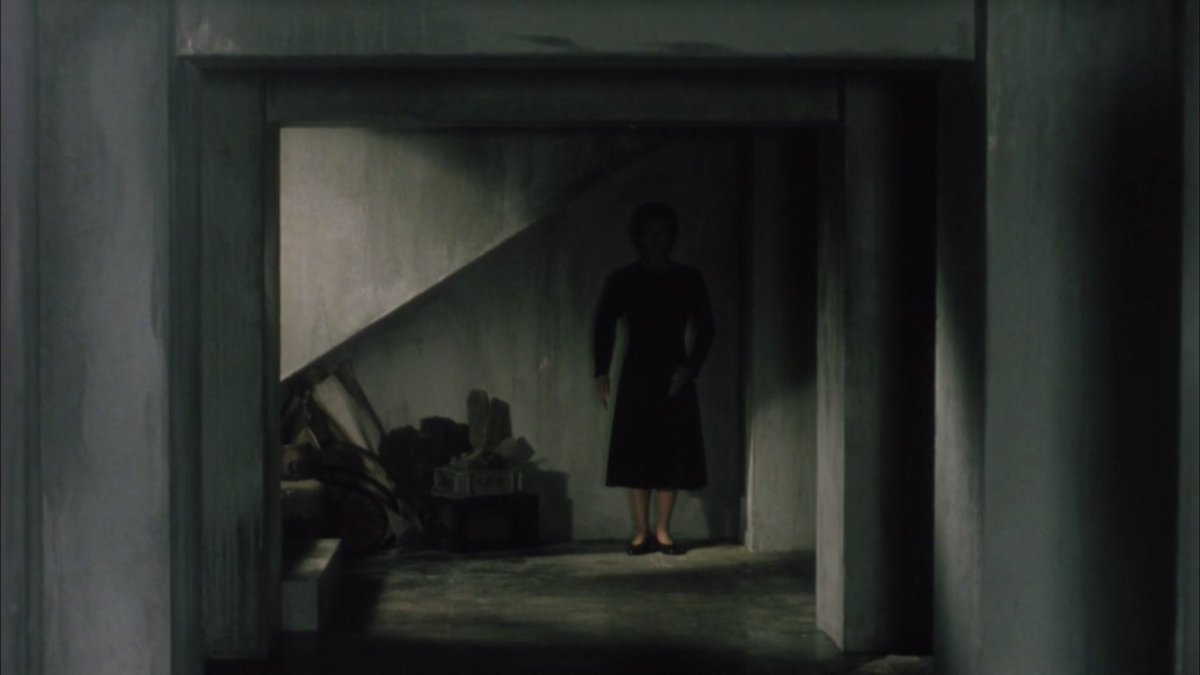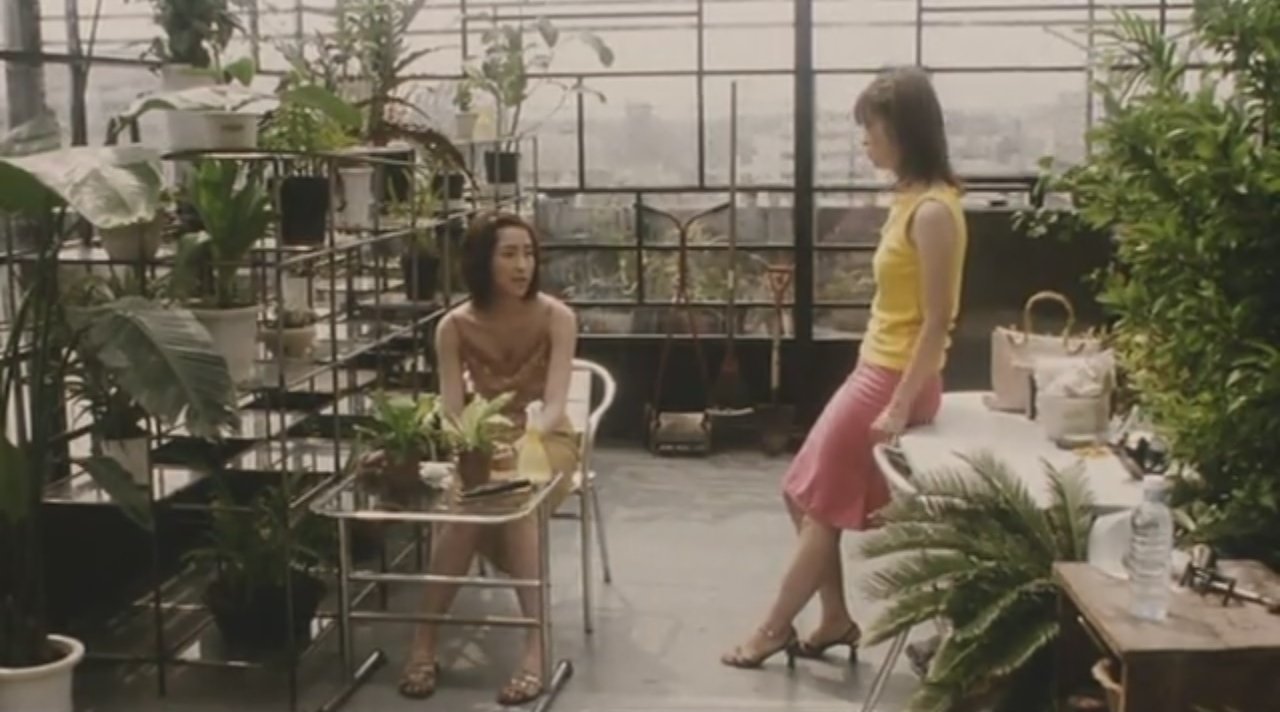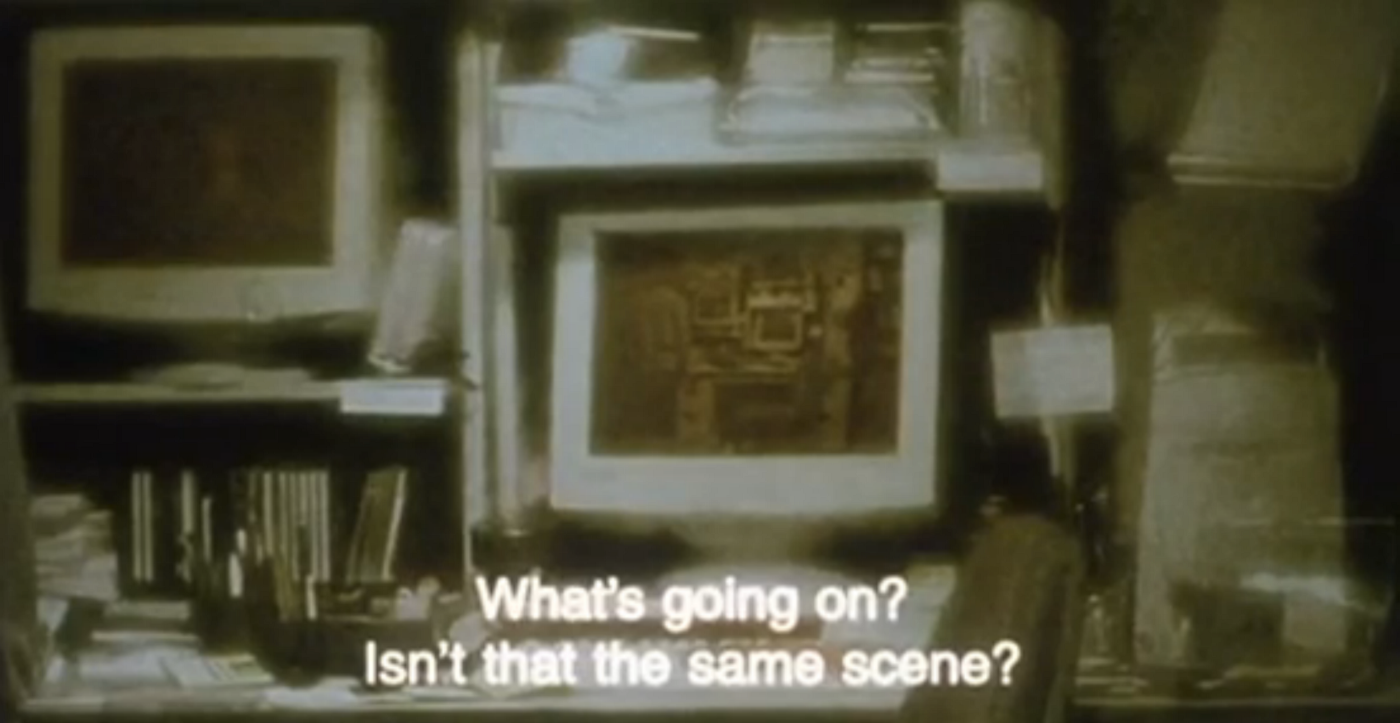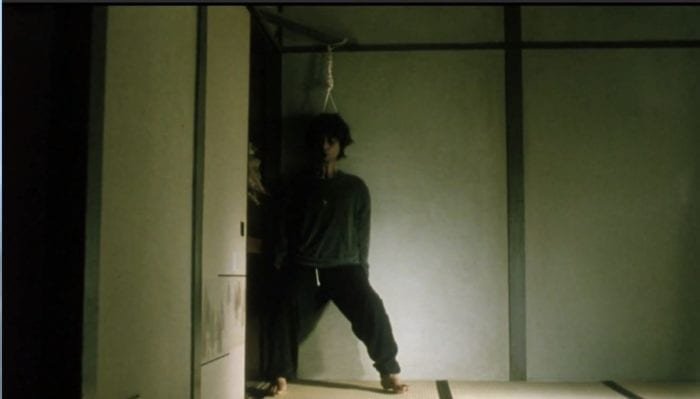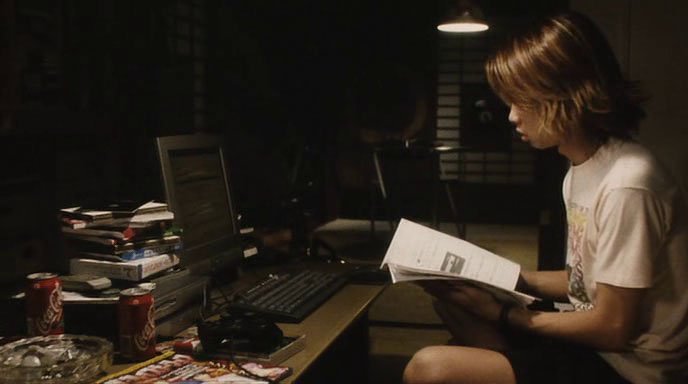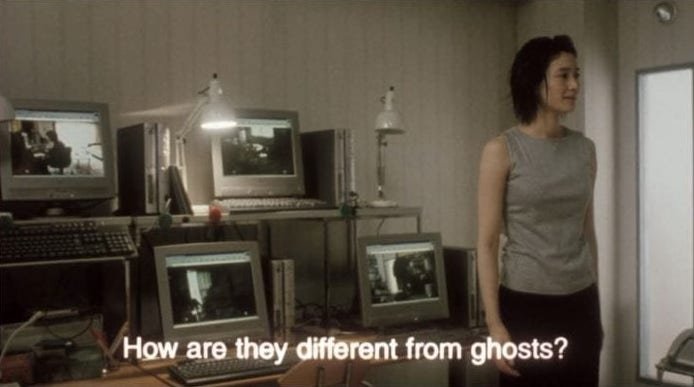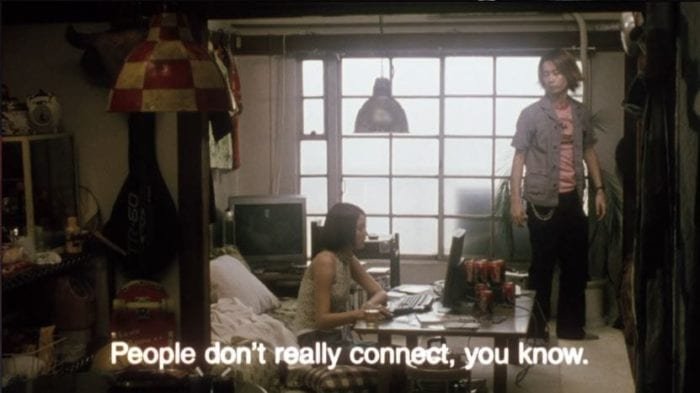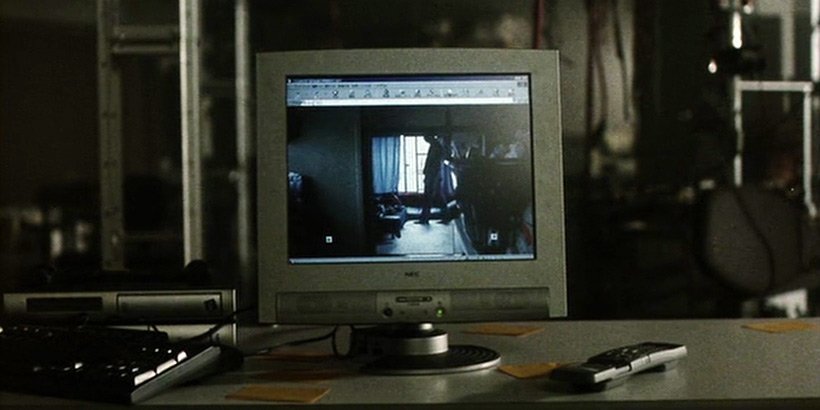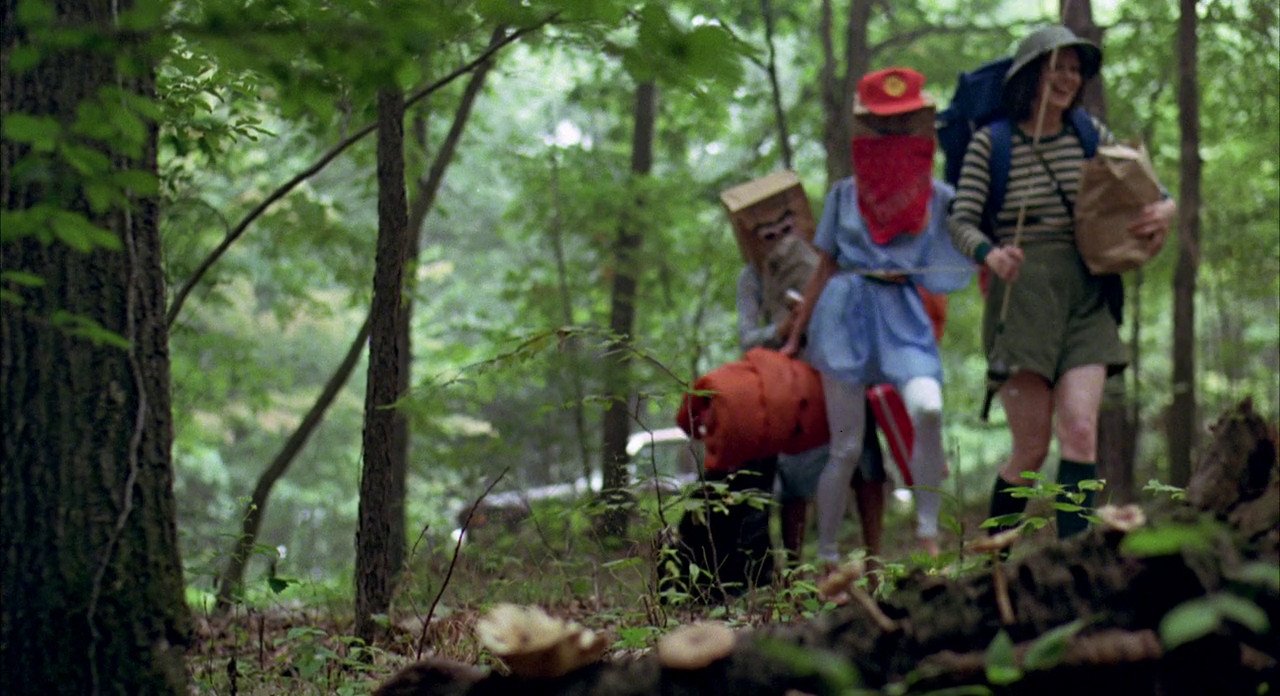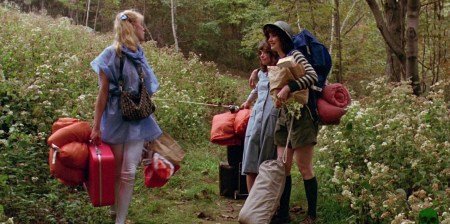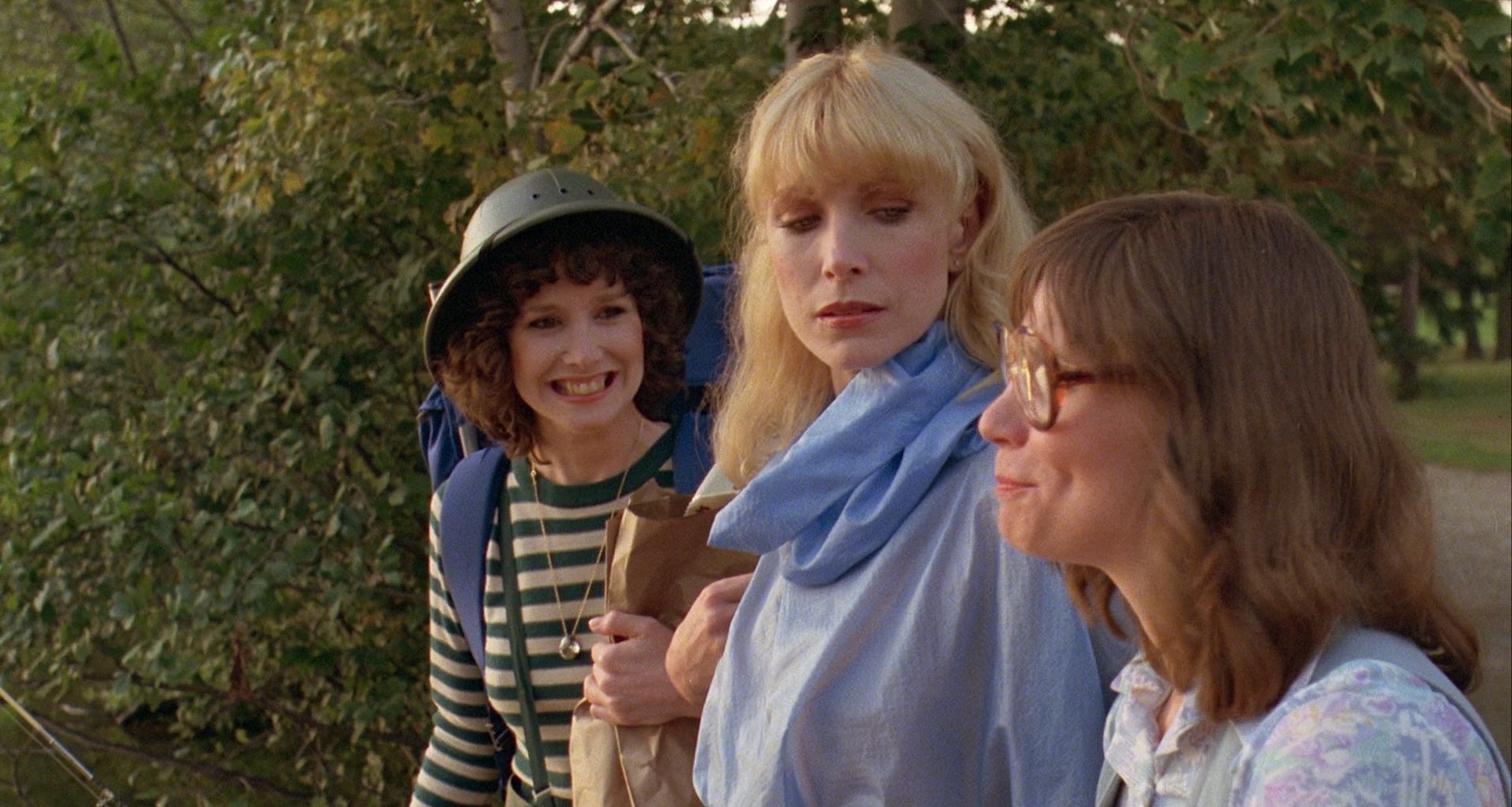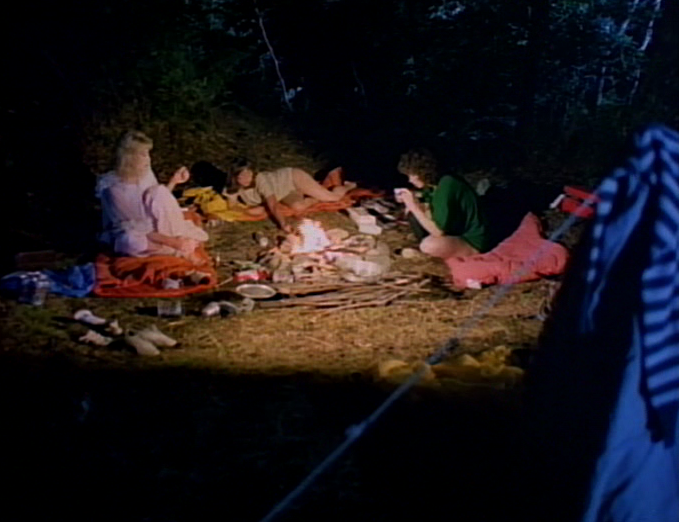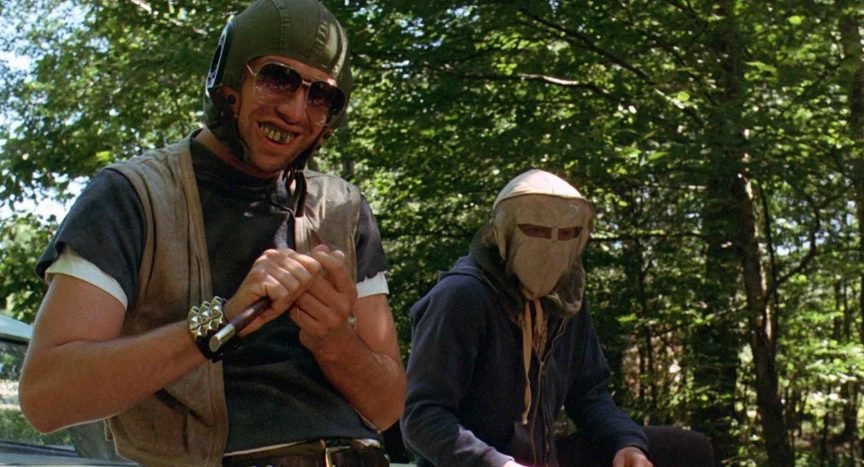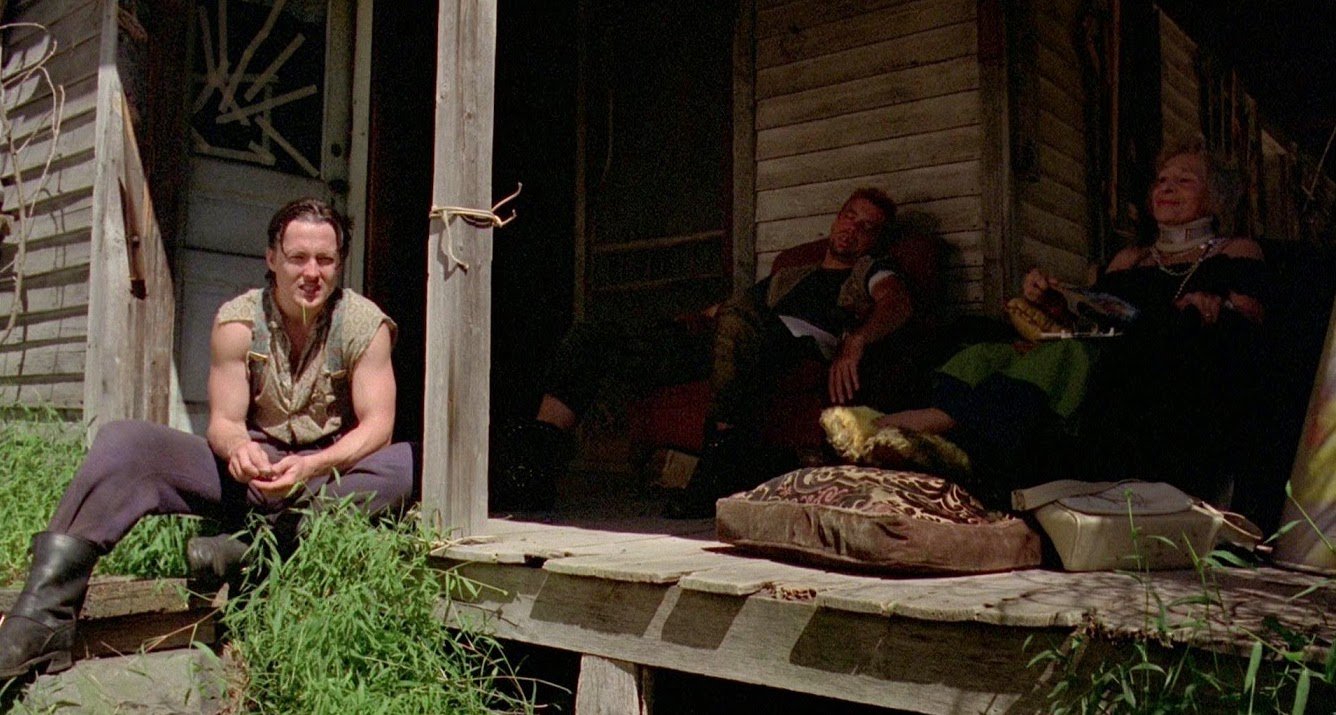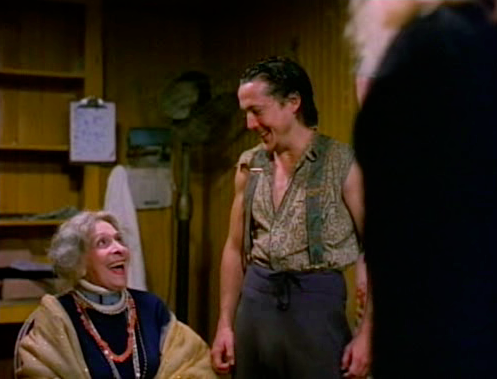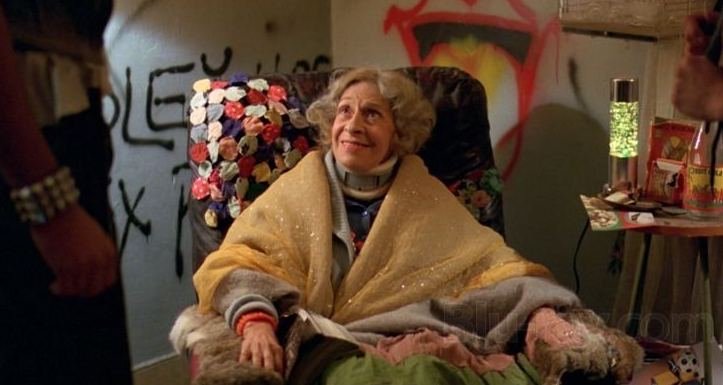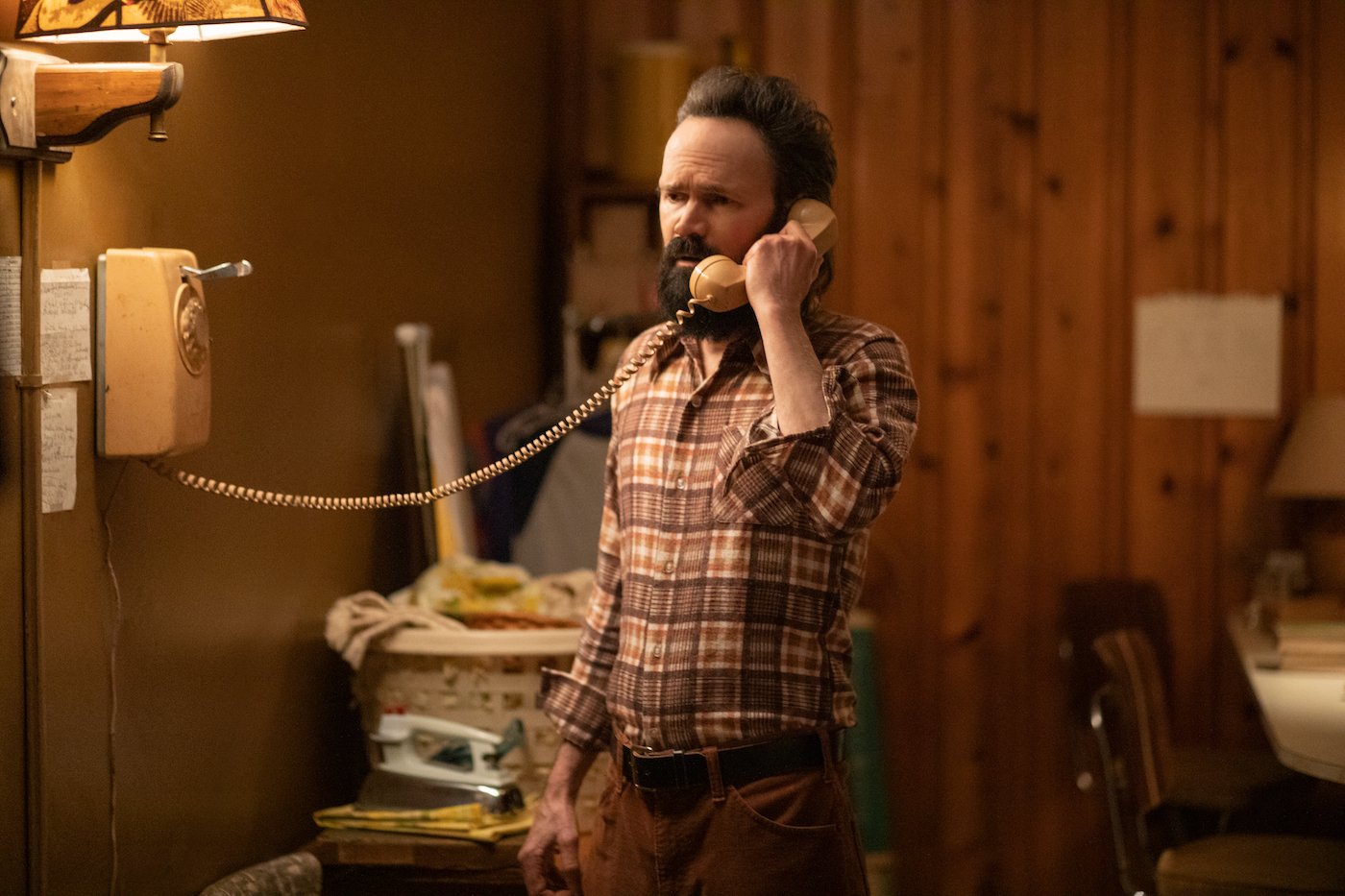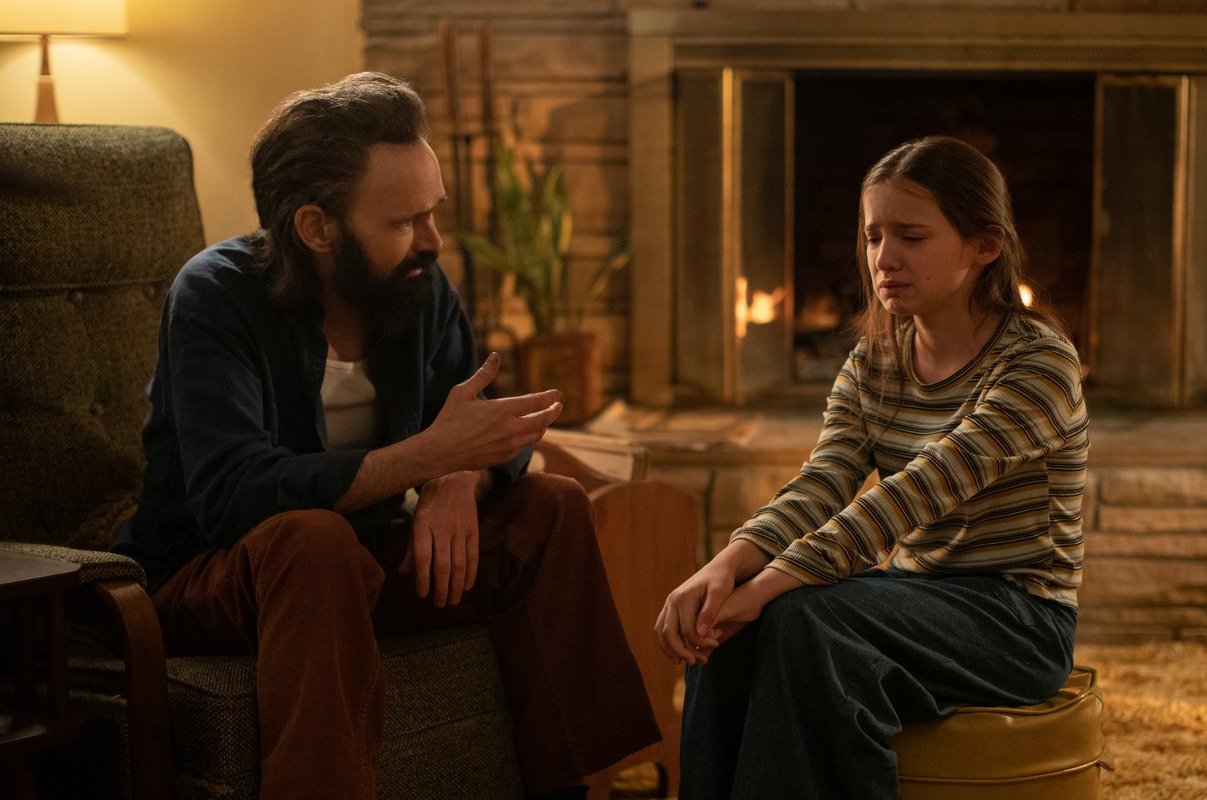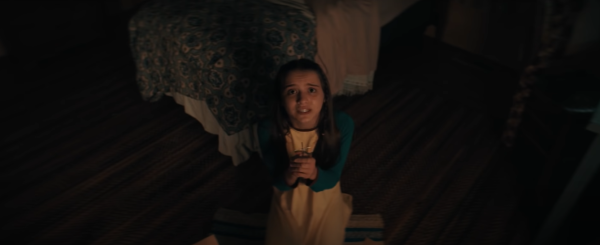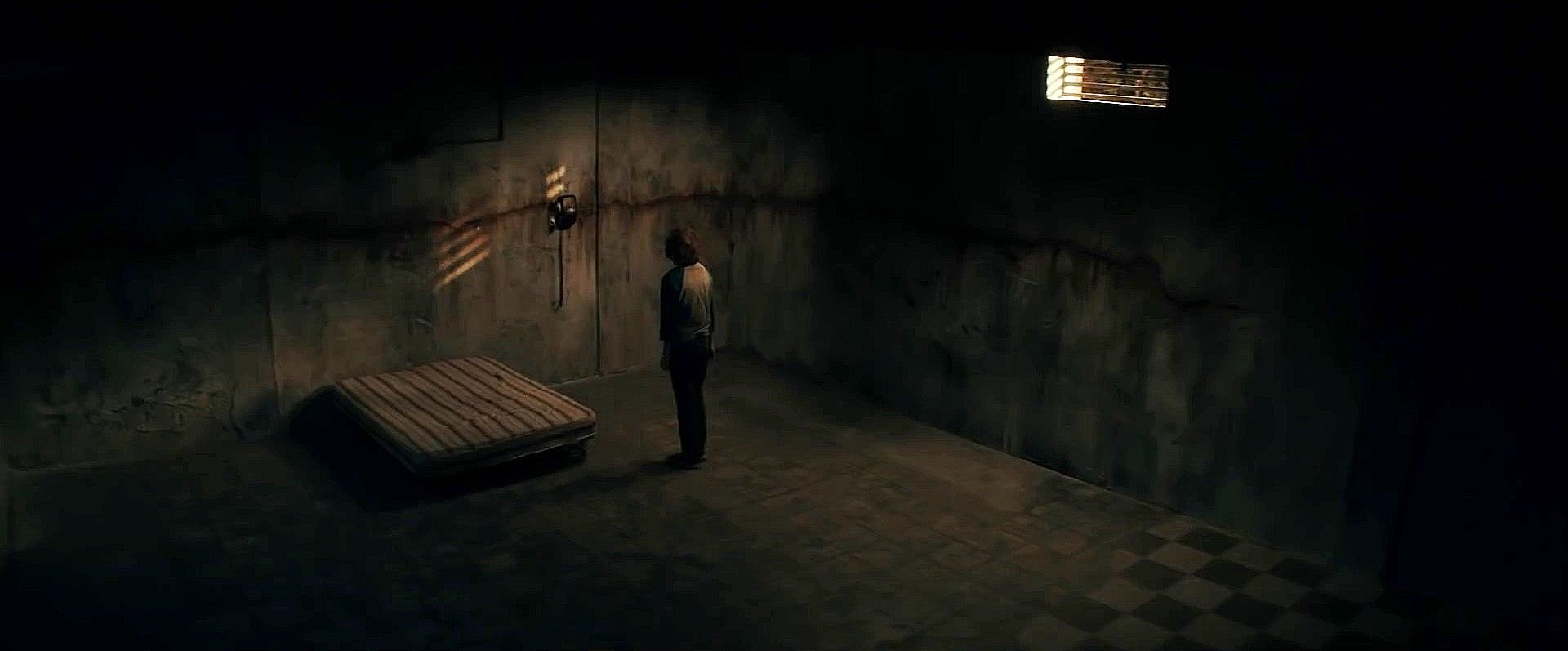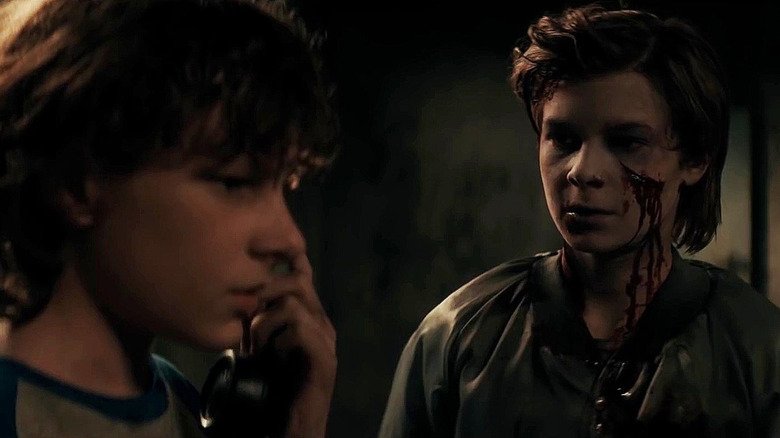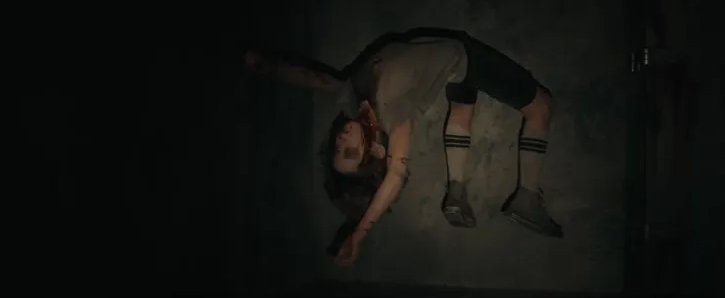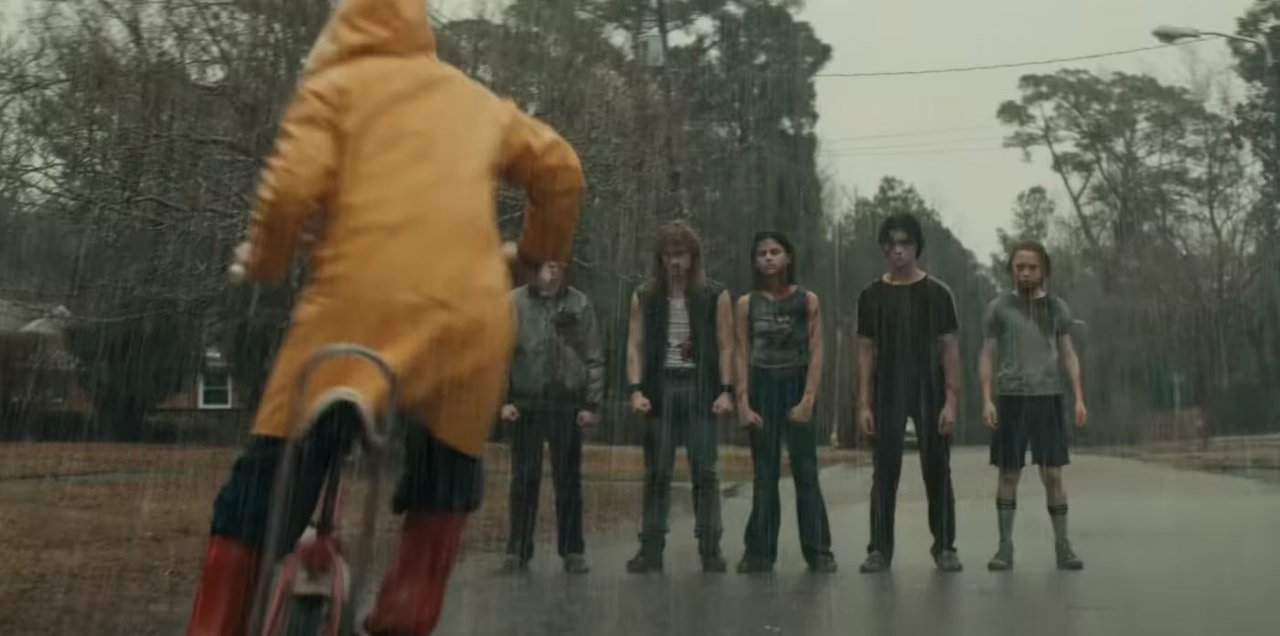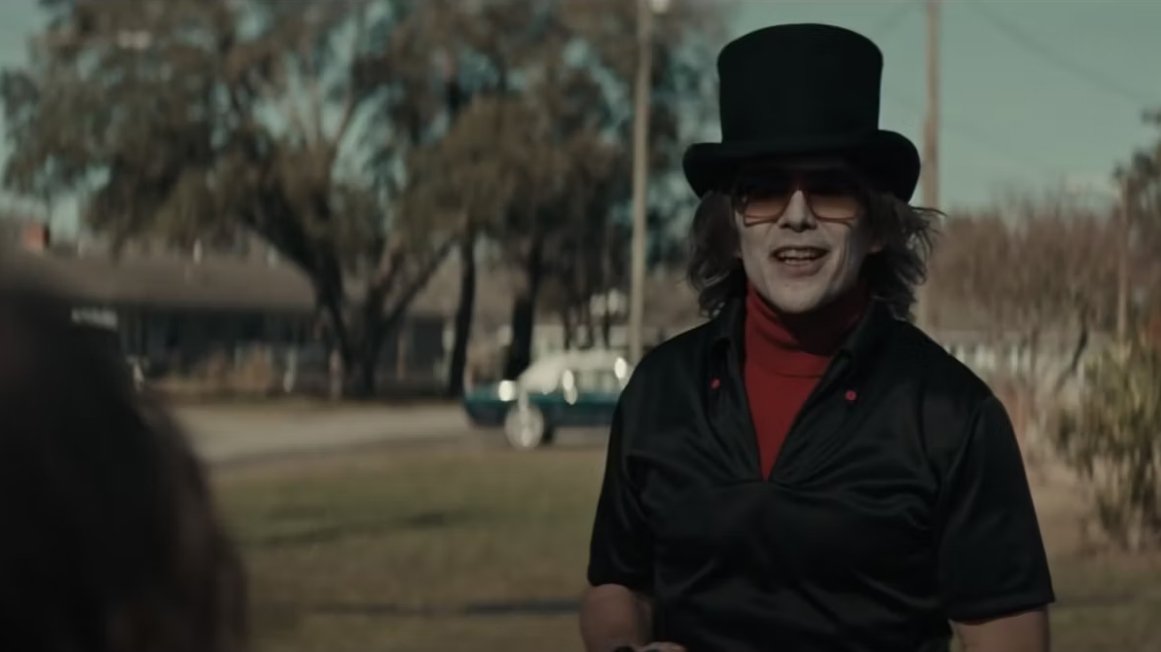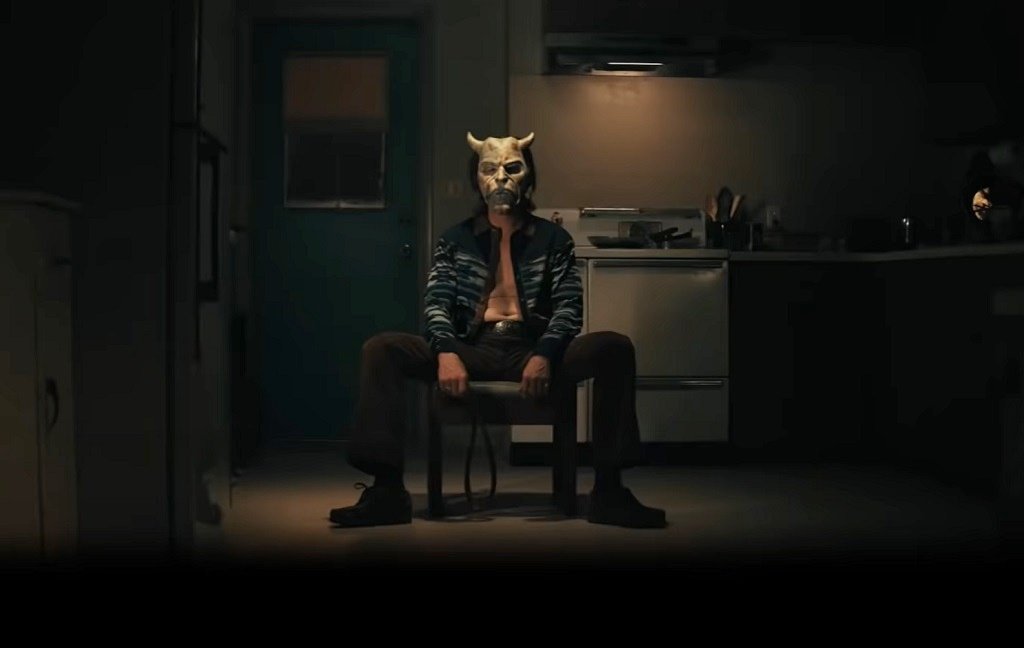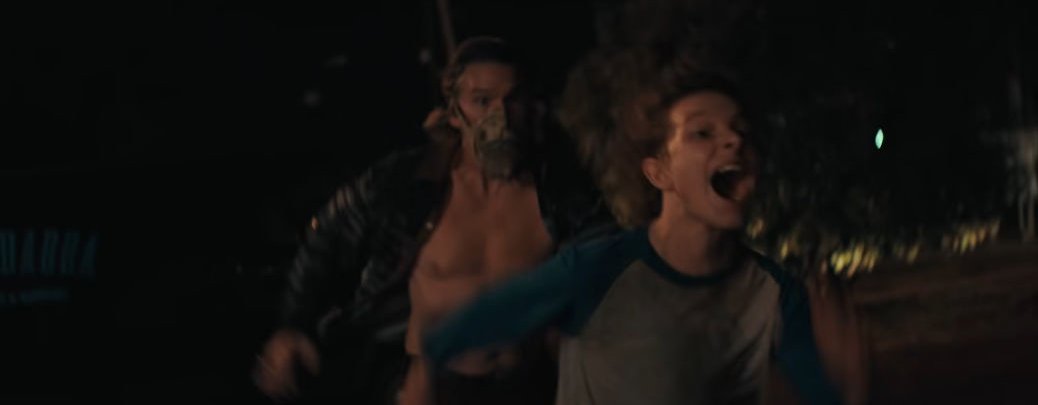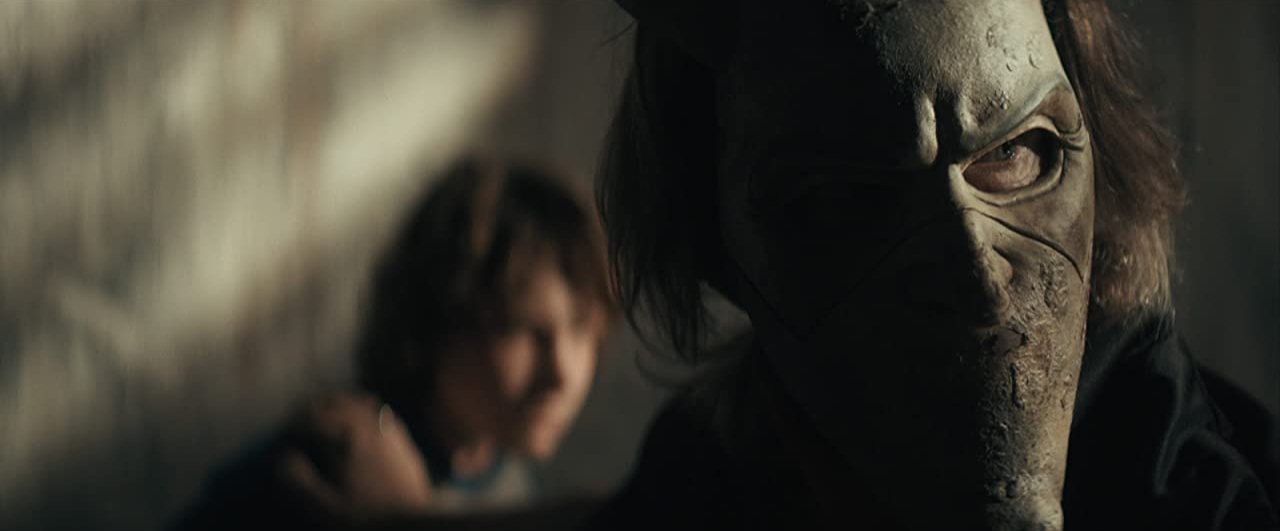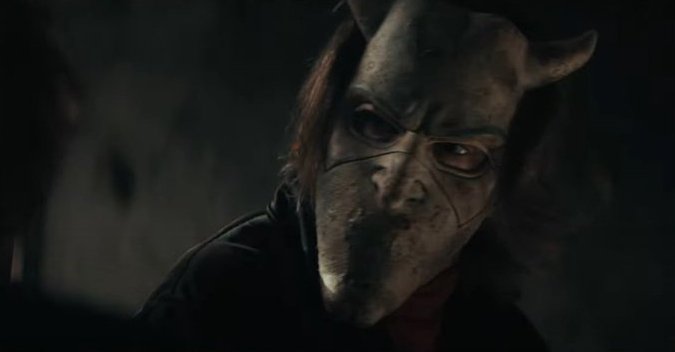What is it about Asian Horror that appeals so much to me? Is it the subtle dance between reality and the supernatural? Or, on the contrary, the very much matter of fact interactions with spirits? Perhaps it is nothing more than my romanticizing the plain beauty of the mundane (life), and the unexplained eeriness of the unknown (death), whatever the reason, I enjoy a good ghost story courtesy of our brothers and sisters from the East.
Pulse (2001) told a story so simple yet so profound that it left me feeling hopeless and lost for a moment, because, after all, what is humanity but a mere piece to a giant puzzle? What is life but a communal holding place for the now? What is death but a door to a lonely forever?
The story took place in Japan in the early age of the internet when people used dial-up connection and cd’s with internet access codes, you know, back in the day when society initially learned and adapted to modern technology, when computer classes and how-to manuals were a thing.
Michi Kudo was a young woman employed at a flower shop along with her friend, Junko Sasano. Michi took great pride in her work and went above and beyond, even when the tech guy working from home didn’t check-in for a week, nor answered his phone, she got worried and went to his apartment to check on him because, surely, it could not possibly take that long to work on a presentation disk for the client—their deadline was fast approaching and no one had heard from him. Michi’s gut feeling was right, his coworker was in trouble even if he denied it, and, tragically, to her horror, he took his own life while she was looking around his desk for the client’s disk.
This was the moment Michi’s life began changing for the worse. Suddenly, just like that, the shadow of death started hanging over her head; suicide was something that surrounded not only her but everyone else, people she knew, strangers on the street, they all seemed to have this heaviness to them, this dread inside them. People started dying. People started disappearing. Nothing but bodies and black stains were left behind.
Ryosuke Kawashima was an Economics college student with his first computer, you see, he had no idea how to use it, let alone how to navigate the internet with it, however, the one thing he understood was that the computer should not activate on its own in the middle of the night to show him disturbing images of lonely people suffering on the other side of the screen. This was when he reached out for help to Harue Karasawa in the computer science building.
Harue was not only great with computers, her intellect surpassed books which gave her exceptional insight into her existence; but it did not come without a price, you see, she recognized the ugliness in things and in people, in life and in death… she was jaded but she was actually right, people do not connect with each other, even when they say they are. [Side note: I might be reading too much into this 2001 movie, but I believe this was an ominous take on the way social media would bring us together decades later with its parasocial interactions.]
“The idea was so terrifying, I couldn't even bear it, that nothing changes with death, just right now, forever. Is that what becoming a ghost is about?” -Harue Karasawa
“Ghosts won't kill people... because that would just make more ghosts. Isn't that right? Instead, they'll try to make people immortal by quietly trapping them in their own loneliness.” -Harue Karasawa
And on the subject of ghosts and computers, the movie was very clear on the fact that the latter was just a means to an end, computers were never meant to be the main focus of the story, they were just the modern way of doing things; before it was tv's and vhs tapes, now it was computers and the internet. Ghosts would not cross over à la Samara, but would do so by showing their lonely reflections on those bulky 17” CRT monitors.
In the end, Harue took her own life just like everyone else; maybe it was because of the ghosts, maybe the timing was pure coincidence, maybe she could no longer tolerate the burden of knowing that, yes, indeed, nothing truly really mattered. In the end, her smarts and uniqueness were just the same.
Michi and Ryosuke were the last ones standing and eventually crossed paths and joined forces, but, unfortunately, one of them made it out safely while the other disappeared leaving behind a black stain. The End.
In Love and Fear,
—Marath
P.S. Nothing matters and we all die, but don’t be sad and listen to unintentional ASMR courtesy of Ryosuke’s computer skills.
© 2016-2022
